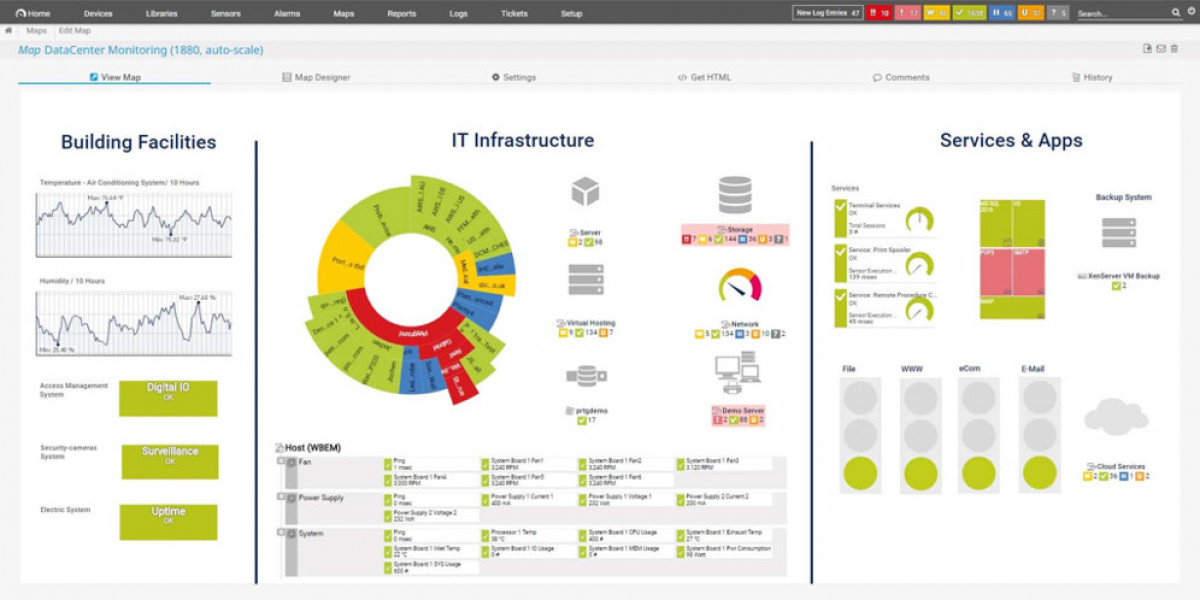Making charitable donations is a great way to support causes you care about. For those new to giving, understanding how donations can reduce your tax burden is important. Donating to qualifying charities allows you to lower your taxable income, which can provide financial benefits come tax season. This guide will help you understand how the process works and what to keep in mind when making your first contribution.
What Are Tax-Deductible Donations?
When you donate to a registered charity, you may be able to claim a portion of your gift on your taxes. This means you can reduce your taxable income by the amount you donated, potentially lowering your tax bill. To qualify for a deduction, the organization must be recognized by the IRS as a non-profit. These organizations are usually registered under section 501(c)(3), and donations made to them are eligible for deductions.
How to Know Which Charities Qualify
Only certain organizations qualify for tax deductions. To be eligible, a charity must be registered with the IRS as a 501(c)(3) entity. Many legitimate non-profits, including religious institutions and educational groups, meet this requirement. Before making a donation, it's always a good idea to confirm that the charity is eligible by checking their official status or asking the organization for proof.
How Much Can You Deduct?
The amount you can subtract from your taxable income depends on factors like the type of donation and your income level. For cash donations, the IRS typically allows you to deduct up to 60% of your adjusted gross income (AGI). Non-cash gifts, such as property or goods, may be subject to different deduction limits. It’s essential to track donations and understand the IRS rules to ensure you are claiming the right amount.
Record-Keeping for Tax Deductions
To claim a deduction, it’s important to keep clear records of your donations. For smaller contributions (under $250), a receipt or acknowledgment from the charity should suffice. For larger donations, especially of property, you may need additional documentation, such as an appraisal or itemized list. Proper record-keeping helps you avoid issues with your tax filings and ensures you're claiming the right deductions.
Conclusion
Charitable giving not only supports important causes but can also offer financial benefits through tax deductions. Understanding which organizations qualify, how much you can deduct, and how to track your donations will help you take full advantage of the tax incentives available. If you’re uncertain about how to claim deductions, it’s always helpful to consult with a tax professional for guidance.









